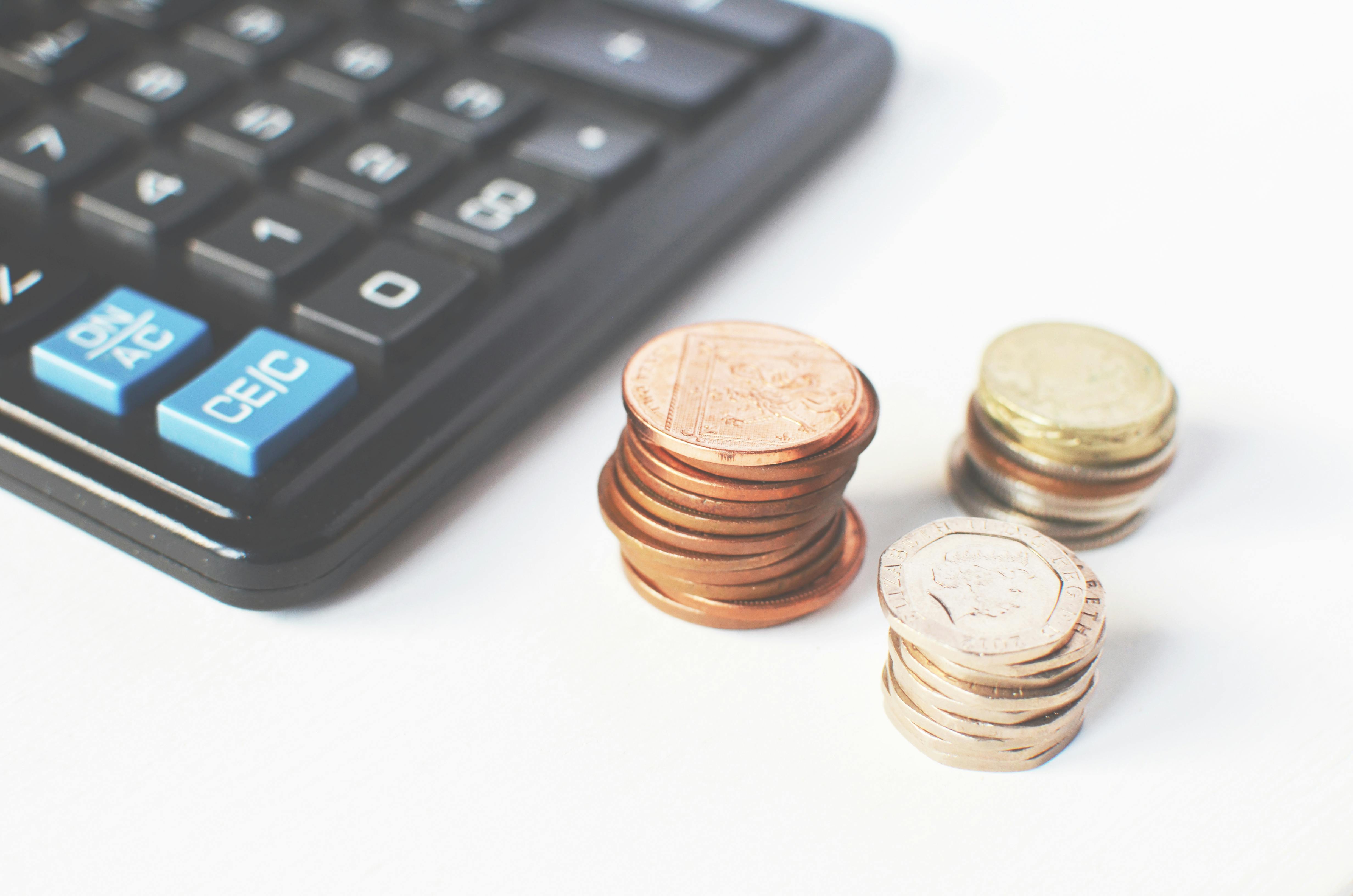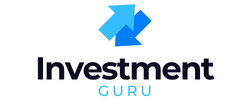Budgeting has never been more important than in 2025. With inflation, rising living costs, and the rapid pace of digital transactions, it’s easy to lose track of where your money goes. Thankfully, the best budgeting apps for beginners simplify financial planning, helping you track expenses, save money, and reach financial goals without stress. Let’s explore the top apps that stand out this year.
Table of Contents
YNAB (You Need A Budget)
YNAB is often considered the gold standard of budgeting apps. It’s built on the principle of giving every dollar a job, ensuring you know exactly where your money is going. Beginners love it because it forces you to be intentional with spending.
- Pros: Great for zero-based budgeting, excellent tutorials, helpful community.
- Cons: Paid subscription only, takes time to learn.
If you’re serious about gaining control of your money, YNAB is worth the investment.
Mint by Intuit
Mint has been a classic free budgeting tool for years. It automatically tracks expenses by linking to your bank accounts, categorizes spending, and gives you insights into where your money goes.
- Pros: Free, easy to use, automatic tracking.
- Cons: Ads can be distracting, limited customization.
Mint is perfect for beginners who want a no-cost solution with minimal setup.
Goodbudget
If you like the envelope system, Goodbudget is for you. It divides your money into digital “envelopes” so you can assign funds to categories like groceries, bills, and savings.
- Pros: Envelope-style simplicity, great for couples.
- Cons: Manual entry required in free version, limited bank sync.
It’s beginner-friendly and helps develop discipline in money allocation.
PocketGuard
PocketGuard answers the golden question: How much can I spend right now? By tracking income, bills, and savings goals, it tells you how much “spendable” money is left.
- Pros: Easy to use, prevents overspending.
- Cons: Limited features in free plan, some bugs with syncing.
It’s a solid choice for beginners who want to avoid overspending without overcomplicating things.
EveryDollar
Created by Dave Ramsey’s team, EveryDollar is based on the zero-based budgeting method. It’s especially useful for beginners following Ramsey’s “Baby Steps” program.
- Pros: Simple layout, great for goal-based budgeting.
- Cons: Free version requires manual entry, paid plan needed for automation.
EveryDollar is perfect if you want a structured approach to money management.
Monarch Money

Monarch Money is one of the most modern apps on the list, using AI to provide insights, suggestions, and tracking. It combines budgeting, goal tracking, and even investment management.
- Pros: AI-powered insights, sleek design.
- Cons: Paid subscription only, learning curve.
For tech-savvy beginners, Monarch offers next-level personalization.
Zeta
Zeta is designed specifically for couples. It helps manage joint finances, track shared bills, and set joint financial goals.
- Pros: Tailored for couples, free option available.
- Cons: Limited features for solo users.
If you and your partner want to budget together, Zeta is one of the best options in 2025.
Rocket Money (formerly Truebill)
Rocket Money focuses on identifying and canceling unused subscriptions. It also helps negotiate bills and provides a clear overview of your spending.
- Pros: Great for subscription tracking, automatic bill negotiation.
- Cons: Some features require extra fees.
Perfect for beginners who want to cut unnecessary expenses quickly.
Simplifi by Quicken
Simplifi is a flexible budgeting app that personalizes your financial plan. It automatically tracks transactions and shows how much money you can spend without overshooting your goals.
- Pros: Highly customizable, reliable Quicken brand.
- Cons: Paid subscription, may feel advanced for beginners.
It’s a strong choice for those ready to take budgeting seriously in 2025.
Fudget
If simplicity is your priority, Fudget is as straightforward as it gets. It doesn’t link to bank accounts but lets you manually enter income and expenses.
- Pros: Super simple, no clutter.
- Cons: No automation, basic design.
Best for absolute beginners who want a lightweight and stress-free tool.
How to Choose the Right Budgeting App

With so many apps available, choosing the right one can feel overwhelming. Start by asking yourself: Do I want automation or manual control? Am I okay with paying a subscription, or do I need a free app? Do I need an app for solo use, couples, or families?
Answering these will help narrow down the best fit.
User Experience Matters
A budgeting app should be simple, not stressful. Look for one with a clean interface, easy navigation, and clear visuals. Remember, if you don’t enjoy using it, you won’t stick with it.
Cost vs. Value of Budgeting Apps
Free apps like Mint are great for beginners, but paid apps like YNAB or Monarch Money often provide more insights, better tools, and accountability. Sometimes, the cost of the app is less than the money it saves you.
Security and Privacy in Budgeting Apps
Since these apps access sensitive data, security is non-negotiable. Always check if the app uses encryption, two-factor authentication, and has a transparent privacy policy.
AI and Automation in 2025 Apps
AI is now a game-changer. Apps like Monarch Money use machine learning to predict spending trends and suggest saving strategies. Automation means less manual tracking and more accurate results.
Budgeting Apps for Students
Students often juggle part-time income, loans, and tight budgets. Apps like Fudget and PocketGuard are excellent for students who need simplicity without fees.
Budgeting Apps for Families
Families require shared budgets, grocery planning, and bill tracking. Goodbudget and Zeta are ideal for managing household expenses together.
Budgeting Apps for Freelancers
Freelancers face irregular income streams. YNAB and Simplifi are particularly effective at helping freelancers plan ahead for slow months.
Budgeting Apps with Investment Features
If you want more than just budgeting, apps like Monarch Money and Simplifi also integrate investment tracking, making them all-in-one tools for financial planning.
How Budgeting Apps Help Build Habits
Budgeting apps do more than track money—they change behavior. By showing spending patterns, they encourage better decisions, ultimately helping beginners develop lasting financial habits.
Common Mistakes Beginners Make with Budgeting Apps

- Giving up too soon
- Not syncing accounts properly
- Ignoring savings goals
- Overcomplicating categories
- Forgetting to review progress
Avoiding these pitfalls ensures better results.
Tips for Getting the Most Out of a Budgeting App
- Set clear goals before starting
- Review your budget weekly
- Automate as much as possible
- Use notifications to stay accountable
- Keep it simple—don’t track 50 categories
FAQs
Are budgeting apps safe to use?
Yes, most use bank-level encryption, but always check the app’s security features.
Do I need a paid budgeting app to succeed?
Not necessarily—free apps like Mint are excellent, but paid apps offer advanced features.
Can couples use budgeting apps together?
Yes, apps like Zeta and Goodbudget are designed for couples.
Which budgeting app is easiest for beginners?
Fudget and PocketGuard are the simplest options.
Do budgeting apps work offline?
Some, like Fudget, work offline, but most need internet access for syncing.
What’s the best budgeting app overall in 2025?
YNAB remains the top choice for beginners serious about long-term success.
Conclusion
Budgeting apps in 2025 are smarter, simpler, and more powerful than ever. Whether you’re a student, freelancer, couple, or family, the right tool can transform your finances. Start small, pick an app that fits your lifestyle, and commit to consistency. A better financial future starts with one download today.
Outbound Link Suggestions:


